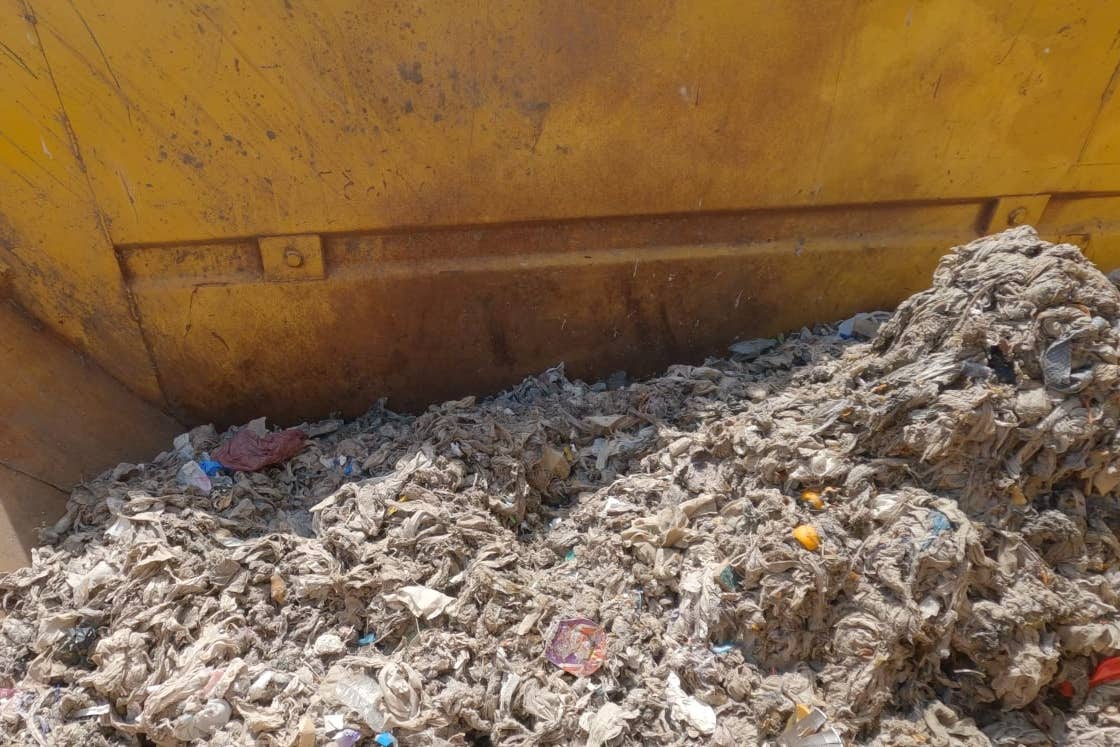Wet wipes still biggest culprit in sewer blockages, Yorkshire Water says
Many wet wipes contain plastic and, unlike toilet paper, do not break down in sewers.

Your support helps us to tell the story
From reproductive rights to climate change to Big Tech, The Independent is on the ground when the story is developing. Whether it's investigating the financials of Elon Musk's pro-Trump PAC or producing our latest documentary, 'The A Word', which shines a light on the American women fighting for reproductive rights, we know how important it is to parse out the facts from the messaging.
At such a critical moment in US history, we need reporters on the ground. Your donation allows us to keep sending journalists to speak to both sides of the story.
The Independent is trusted by Americans across the entire political spectrum. And unlike many other quality news outlets, we choose not to lock Americans out of our reporting and analysis with paywalls. We believe quality journalism should be available to everyone, paid for by those who can afford it.
Your support makes all the difference.Wet wipes incorrectly flushed down toilets remain the most common cause of sewer blockages in Yorkshire Water’s network, the company said.
Wet wipes were linked to 11,946 of the 25,976 blockages (46%) the water firm had to clear from its sewer network last year, making up a proportion similar to 2021.
The company warns that many wet wipes contain plastic and, unlike toilet paper, do not break down in sewers, so they can become snagged and stick together to block sewage flowing through the pipes.
Wet wipe blockages can prevent toilets working, leading to sewage flooding properties, gardens or roads and even cause the pollution of local streams and rivers, the company said.
Other regular culprits for blocking sewers include silt run-off from roads, construction debris, “foreign objects” ranging from tennis balls to bank cards and dolls, unflushables such as sanitary products flushed down toilets, fats and oils poured down drains, and tree roots.
Mark Hammond, head of customer field services at Yorkshire Water, said: “Every day our teams deal with blockages caused by wet wipes, unflushables and foreign objects in the sewer.
“This costs millions of pounds to resolve, money which could be better spent on investment in the wider network.
“We’re urging people to really consider what they flush down the toilet and pour down the drains so we can reduce the number of blockages we deal with in the area.
“Only the three 3Ps – pee, poo and paper – should be flushed down the toilet,” he said.